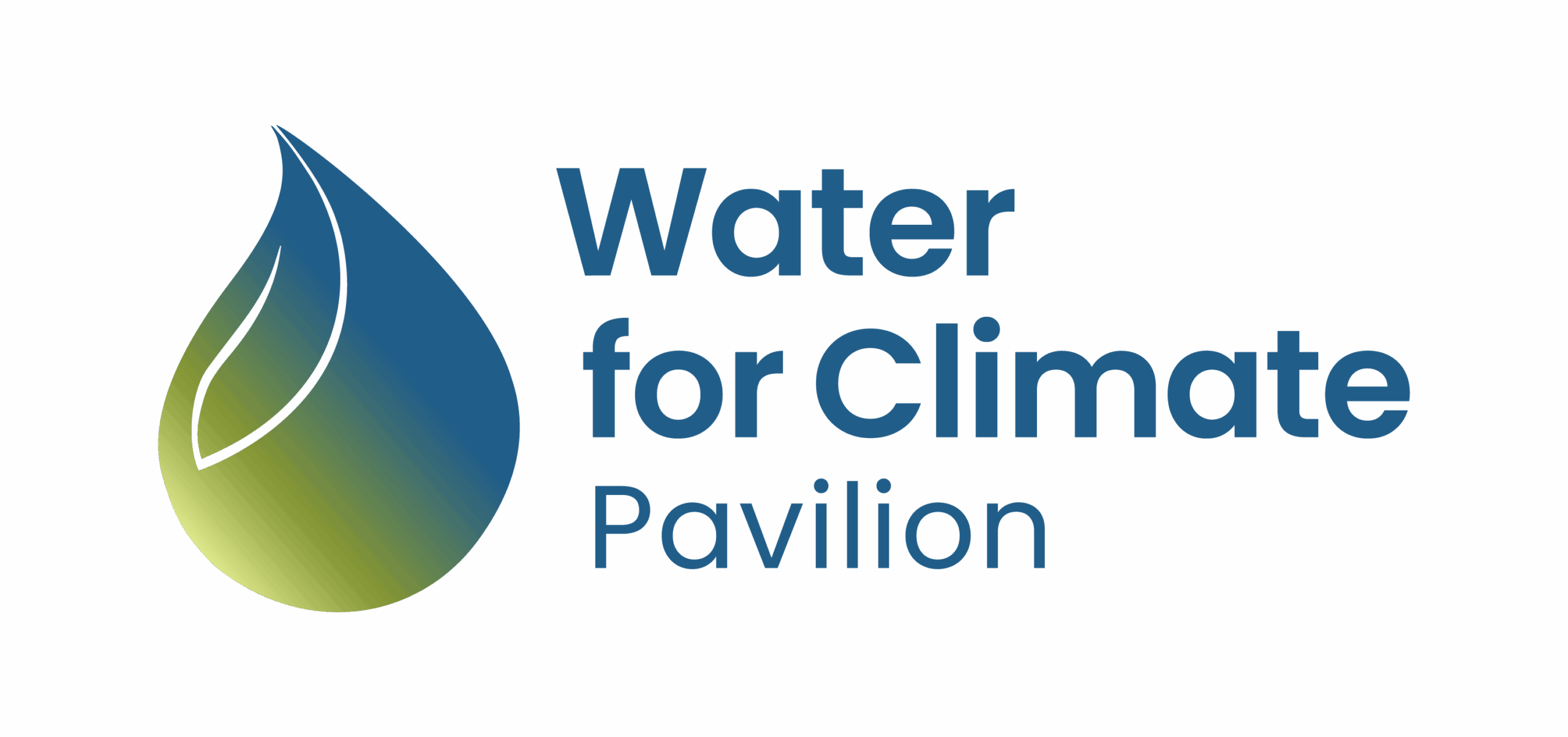Practical, Science-Based Water Resiliency and Mitigation Solutions Through Standards and Partnerships to Advance SDG 6, 13, and 17
November 15, 2025 1:00 pm - 14:00Panel discussionResilient Mitigation
This panel will explore how science-based standards for climate resiliency in water resources can support developing nations in implementing Nationally Determined Contributions (NDCs) and National Adaptation Plans (NAPs). By applying these standards, countries can strengthen the resilience of water infrastructure (SDG13), ensure sustainable management and access to clean water (SDG6), and protect communities from climate-related risks. The session will also highlight the critical role of collaborative partnerships (SDG17) in scaling these solutions, enabling governments, the private sector, and civil society to work together effectively. Through these practical examples, the panel will demonstrate how integrating standards and partnerships can advance global sustainable development, improve climate adaptation strategies (SDG13), and foster inclusive and cooperative approaches to water management (SDG6, SDG17).
ASTM
